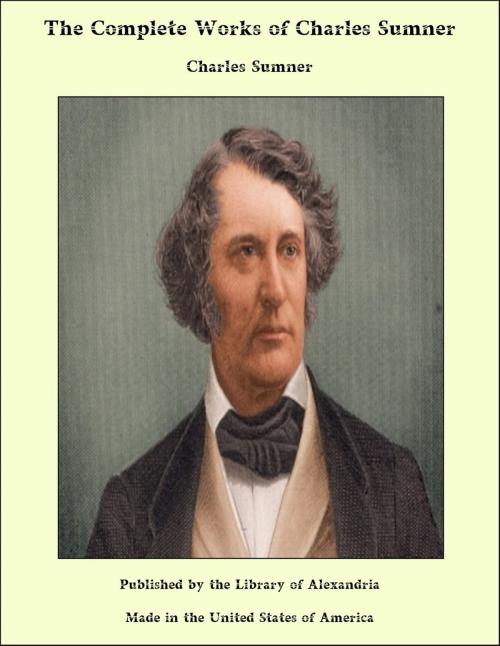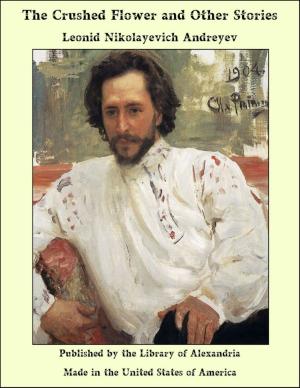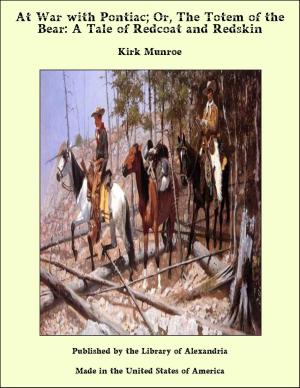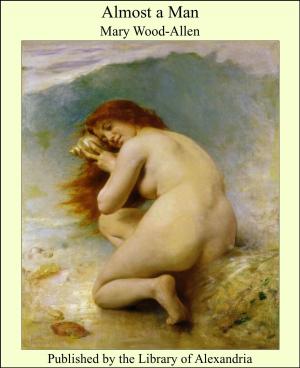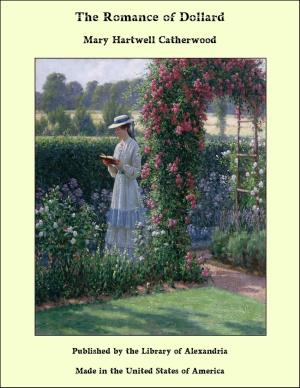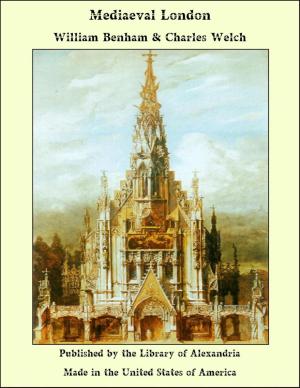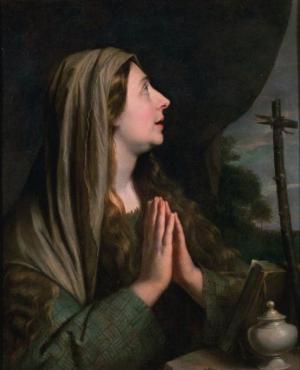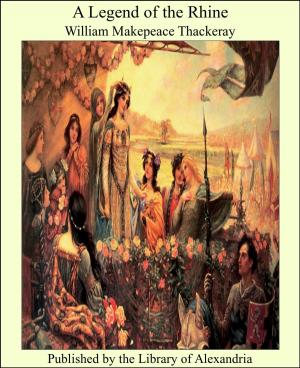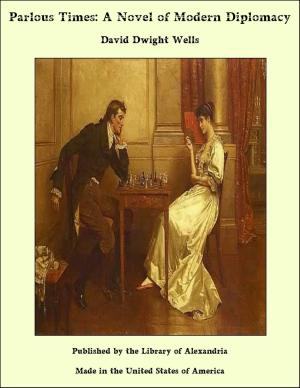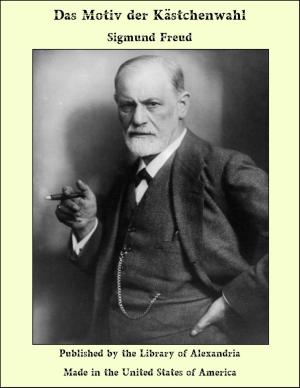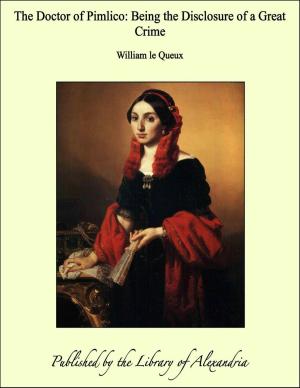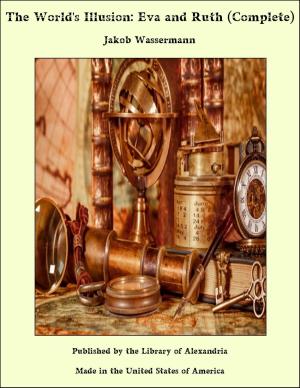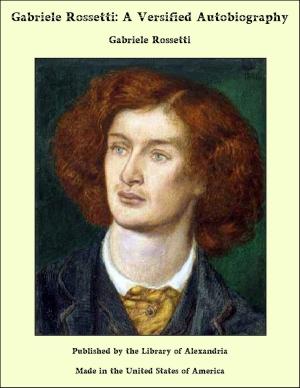The Complete Works of Charles Sumner
Nonfiction, Religion & Spirituality, New Age, History, Fiction & Literature| Author: | Charles Sumner | ISBN: | 9781465606662 |
| Publisher: | Library of Alexandria | Publication: | March 8, 2015 |
| Imprint: | Language: | English |
| Author: | Charles Sumner |
| ISBN: | 9781465606662 |
| Publisher: | Library of Alexandria |
| Publication: | March 8, 2015 |
| Imprint: | |
| Language: | English |
The speeches of Charles Sumner have many titles to endure in the memory of mankind. They contain the reasons on which the American people acted in taking the successive steps in the revolution which overthrew slavery, and made of a race of slaves, freemen, citizens, voters. They have a high place in literature. They are not only full of historical learning, set forth in an attractive way, but each of the more important of them was itself an historical event. They afford a picture of a noble public character. They are an example of the application of the loftiest morality to the conduct of the State. They are an arsenal of weapons ready for the friends of Freedom in all the great battles when she may be in peril hereafter. They will not be forgotten unless the world shall attain to such height of virtue that no stimulant to virtue shall be needed, or to a depth of baseness from which no stimulant can arouse it. Mr. Sumner held the office of Justice of the Peace, and that of Commissioner of the Circuit Court, to which he was appointed by his friend and teacher, Judge Story. He was a member of the convention held in 1853 to revise the Constitution of the Commonwealth of Massachusetts. With these exceptions, his only official service was as Senator in Congress from Massachusetts, from the 4th of March, 1851, when he was just past forty years of age, until his death, March 9, 1874. If his career could have been predicted in his earliest childhood, he could have had no better training for his great duties than that he in fact received. He was one of the best scholars in the public Latin School in Boston. He received the Franklin medal from the hands of Daniel Webster, who told him that "the state had a pledge of him." His school life was followed by four years in Harvard College, and a course at the Harvard Law School, where he was the favorite pupil of Judge Story. He was an eager student of the Greek and Roman classics. But his special delight was in history and international law. After his admission to the bar he was reporter of the decisions of his beloved master, and edited twenty volumes of the equity reports of Vesey, Jr., which he enriched with copious and learned notes. A little later, when he was twenty-six years old, he spent a month in Washington, tarrying a short time in New York on his way. In that brief period he made life-long friendships with some famous men, including Chancellor Kent, Judge Marshall, and Francis Lieber. He had a rare gift for making friendships with men, especially with great men, and with women. With him in those days an acquaintance with any person worth knowing soon ripened into an indissoluble friendship. A few years later he spent a little more than two years in Europe, coming home when he was just past twenty-nine years old. That time was spent in attending courts, lectures of eminent professors, and in society. No house which he desired to enter seems to have been closed to him. Statesmen, judges, scholars, beautiful women, leaders of fashionable society, welcomed to the closest intimacy this young American of humble birth, with no passport other than his own character and attainment. It is hardly too much to say that the youth of twenty-nine had a larger and more brilliant circle of friendship than any other man on either continent. The list of his friends and correspondents would fill many pages. He says in a letter to Judge Story, what would seem like boasting in other men, but with him was modest and far within the truth:— "I have a thousand things to say to you about the law, circuit life, and the English judges. I have seen more of all than probably ever fell to the lot of a foreigner. I have had the friendship and confidence of judges, and of the leaders of the bar. Not a day passes without my being five or six hours in company with men of this stamp. My tour is no vulgar holiday affair, merely to spend money and to get the fashions. It is to see men, institutions, and laws; and, if it would not seem vain in me, I would venture to say that I have not discredited my country. I have called the attention of the judges and the profession to the state of the law in our country, and have shown them, by my conversation (I will say this), that I understand their jurisprudence."
The speeches of Charles Sumner have many titles to endure in the memory of mankind. They contain the reasons on which the American people acted in taking the successive steps in the revolution which overthrew slavery, and made of a race of slaves, freemen, citizens, voters. They have a high place in literature. They are not only full of historical learning, set forth in an attractive way, but each of the more important of them was itself an historical event. They afford a picture of a noble public character. They are an example of the application of the loftiest morality to the conduct of the State. They are an arsenal of weapons ready for the friends of Freedom in all the great battles when she may be in peril hereafter. They will not be forgotten unless the world shall attain to such height of virtue that no stimulant to virtue shall be needed, or to a depth of baseness from which no stimulant can arouse it. Mr. Sumner held the office of Justice of the Peace, and that of Commissioner of the Circuit Court, to which he was appointed by his friend and teacher, Judge Story. He was a member of the convention held in 1853 to revise the Constitution of the Commonwealth of Massachusetts. With these exceptions, his only official service was as Senator in Congress from Massachusetts, from the 4th of March, 1851, when he was just past forty years of age, until his death, March 9, 1874. If his career could have been predicted in his earliest childhood, he could have had no better training for his great duties than that he in fact received. He was one of the best scholars in the public Latin School in Boston. He received the Franklin medal from the hands of Daniel Webster, who told him that "the state had a pledge of him." His school life was followed by four years in Harvard College, and a course at the Harvard Law School, where he was the favorite pupil of Judge Story. He was an eager student of the Greek and Roman classics. But his special delight was in history and international law. After his admission to the bar he was reporter of the decisions of his beloved master, and edited twenty volumes of the equity reports of Vesey, Jr., which he enriched with copious and learned notes. A little later, when he was twenty-six years old, he spent a month in Washington, tarrying a short time in New York on his way. In that brief period he made life-long friendships with some famous men, including Chancellor Kent, Judge Marshall, and Francis Lieber. He had a rare gift for making friendships with men, especially with great men, and with women. With him in those days an acquaintance with any person worth knowing soon ripened into an indissoluble friendship. A few years later he spent a little more than two years in Europe, coming home when he was just past twenty-nine years old. That time was spent in attending courts, lectures of eminent professors, and in society. No house which he desired to enter seems to have been closed to him. Statesmen, judges, scholars, beautiful women, leaders of fashionable society, welcomed to the closest intimacy this young American of humble birth, with no passport other than his own character and attainment. It is hardly too much to say that the youth of twenty-nine had a larger and more brilliant circle of friendship than any other man on either continent. The list of his friends and correspondents would fill many pages. He says in a letter to Judge Story, what would seem like boasting in other men, but with him was modest and far within the truth:— "I have a thousand things to say to you about the law, circuit life, and the English judges. I have seen more of all than probably ever fell to the lot of a foreigner. I have had the friendship and confidence of judges, and of the leaders of the bar. Not a day passes without my being five or six hours in company with men of this stamp. My tour is no vulgar holiday affair, merely to spend money and to get the fashions. It is to see men, institutions, and laws; and, if it would not seem vain in me, I would venture to say that I have not discredited my country. I have called the attention of the judges and the profession to the state of the law in our country, and have shown them, by my conversation (I will say this), that I understand their jurisprudence."
